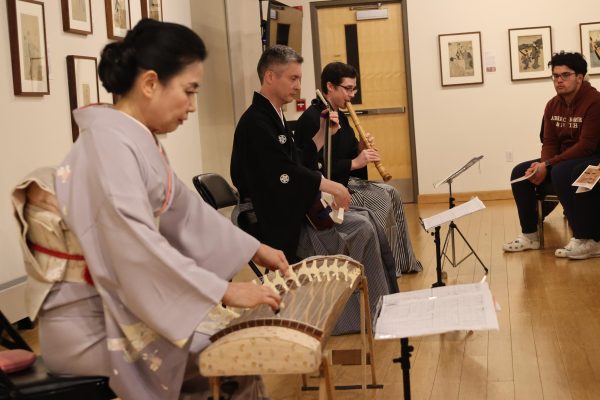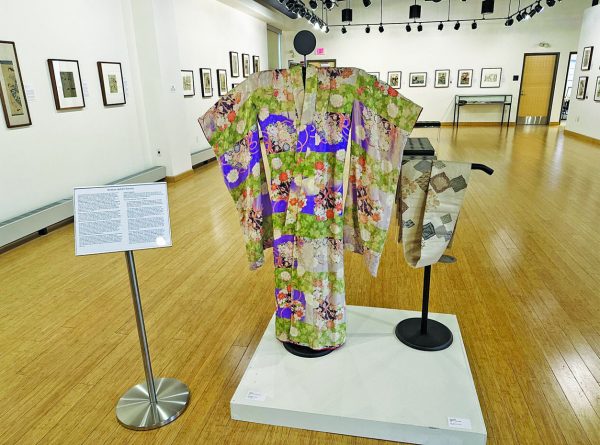Little Known Scholarship Honors Local Chappaquiddick Figure
December 13, 2018
The Mary Jo Kopechne Scholarship was established in 2014 to honor its namesake Mary Jo Kopechne, who perished in the notorious Chappaquiddick accident involving the late Senator Edward Kennedy.
Kapechne was originally from Wilkes Barre. She graduated from Caldwell College for women with a degree in business administration. After graduation she moved to Montgomery Alabama, where she was a part of the Civil Rights movement and served as a Catholic high school teacher.
She moved again to Washington DC and worked for Florida Senator George Smathers, and in 1962 she joined the staff of Senator Robert F. Kennedy. She remained on staff during his 1968 Presidential election.
She was close with the Kennedy family, especially Robert. After his assassination, she felt that she could no longer work in DC. She never returned to buildings in which she shared time with him because she could not bear the knowledge that things would never be the same again.
On July 18, 1969, Mary Jo Kopechne attended a party in honor of the campaign workers known as the Boiler Room Girls. Robert Kennedy’s younger brother,Ted, was also there. Kopechne and Kennedy decided to leave the party early, and their automobile ran off the road and crashed into a creek. Kennedy escaped unharmed, but Kopechne died in the vehicle.
The scholarship in her honor was a gift from the Nelson and Potoski families, and it continues to benefit students today with the help of gifts from family and friends. While both of Kopechne’s parents have since passed, her name and her story lives on at Misericordia.
Qualifying students are granted the scholarship in recognition of their accomplishments, good behavior and strong vision. The student must demonstrate financial need, which will not be satisfied otherwise.
“An annual report on the status of the fund shall be supplied by Misericordia University to Georgetta Nelson Potoski,” said Sylvia Maas, assistant director of enrollment management. “Financial need is based on your FAFSA. When you finish your FAFSA, you put in your income, your assets, all the different factors the FAFSA asks for, it comes out with a number.”
The lower the number, the greater the student’s eligibility for federal, state, and school funding, Mass explained.
She said scholarships like the one in honor of Kopechne serve students who may not otherwise be able to attend school.
The scholarship is awarded to one student each year.






